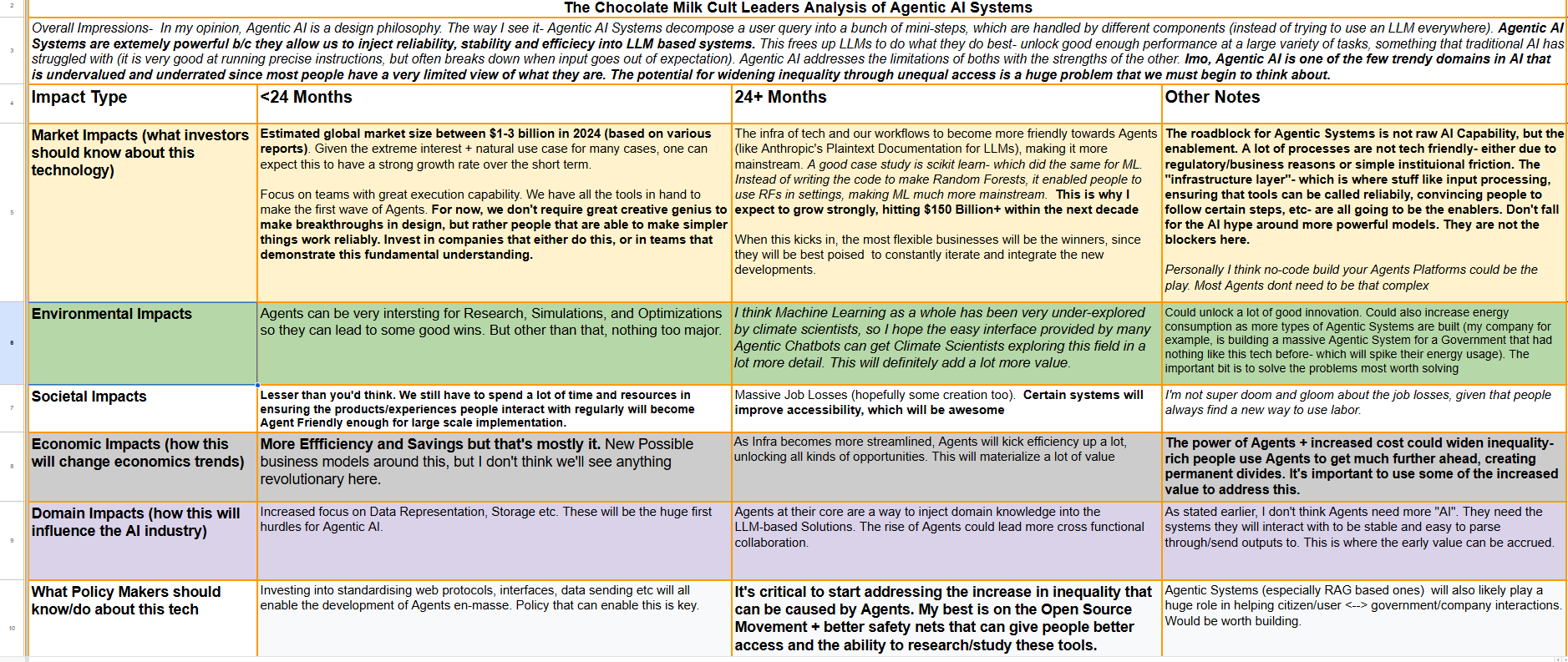Losing A Parent During Childhood: The Impact On Adult Romantic Relationships

Abstract
The disruption of the parent–child attachment bond due to parental death (PD) may lead to lingering feelings of unsafety or insecurity that might potentially transfer to adult intimate relationships. The aim of the current study was to investigate whether experiencing childhood parental death (CPD) was associated with adult romantic relationship formation and stability, attachment style, and relationship satisfaction, and whether this is dependent on (in)secure parental bonding. In this cross-sectional study, relationship indicators were assessed using self-report questionnaires in adults (25–45 years old) who experienced PD during childhood (n = 236), in adulthood (n = 301), and who did not experience PD (n = 278). Experiencing CPD was not associated with relationship formation, relationship stability indicators, and relationship satisfaction. However, individuals who experienced CPD reported higher levels of attachment anxiety and avoidance within their current romantic relationship compared to individuals who did not experience (childhood) PD. Furthermore, insecure bonding with the deceased parent was associated with higher levels of attachment anxiety, while this was not the case for the quality of bonding with the surviving parent or new partner of the surviving parent. These findings on the association between CPD and adult attachment insecurity provide new insight in how attachment insecurity to the deceased parent may be related to attachment insecurity in adult relationships, which is important to discuss when working with individuals who experienced CPD.


